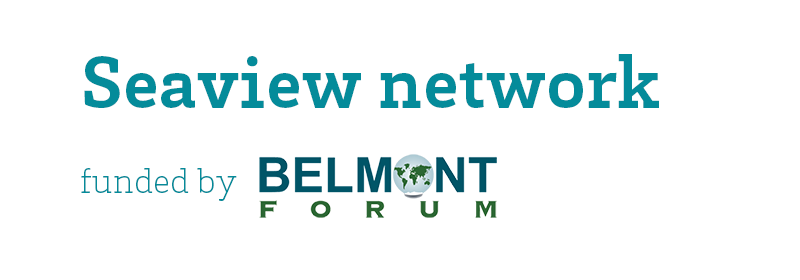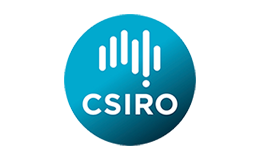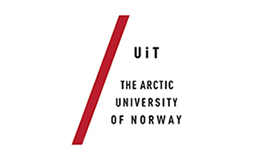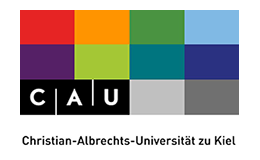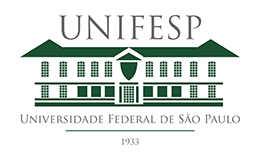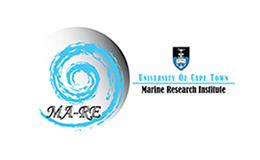MA-RE Institute, University Of Cape Town
The Ma-Re Institute is open to all marine-related research groups and individuals at UCT, studying the ocean and ‘salty waters’ of the coastal zone, as well as all issues influencing these areas (e.g. socio-economic, legal, historical etc), with a particular focus on implementing a co-ordinated multi-disciplinary research approach.

The Marine Research Institute strives to maintain and develop UCT’s position as the leading marine research organization in Africa, with a focus on marine global change research. Ma-Re seeks to foster inter-disciplinary/trans-disciplinary and inter-institutional collaboration and synergy in order to develop capacity for the benefit of the marine research community in southern Africa.
What does the Ma-Re Institute do?
- Foster inter-disciplinary marine research projects
- Organize a regular seminar series in conjunction with SANCOR (the South African Network for Coastal and Oceanic Research).
- Act as a gateway between UCT and the outside world for marine research contracts.
- Provide administrative support for marine research, meetings, projects and activities.
- Form links with other bodies in the region and overseas with similar or complementary interests.
- Undertake and facilitate research contracts
Key Research Areas
- Atmosphere & Climate
- Coastal Zone Management
South Africa’s coastal waters and lands provide a vast array of goods and services to many different user groups including coastal communities, many of whom derive a livelihood from the coast and its resources. Research is being conducted on integrated coastal and small scale fisheries management in an effort to develop strategies for the co-management of coastal and fisheries resources.
- Ecosystem Approach to Fisheries, Fisheries Research
Researchers have been collaborating with a host of other institutions (national and international) and other department to generate and integrate ecological models in an attempt to improve our understanding of marine ecosystems. Furthermore, researchers have been engaged in utilising an ecosystem approach to fisheries management integrating three major components i.e. ecological, human and institutional into marine resource management.
- Historical Studies
- Law and Policy
- Marine Biodiversity, Biology and Conservation
The oceans that surround South Africa host an amazing spectrum of life. Marine biodiversity makes up a large portion of the Earths overall biodiversity and is seen to be the life-support system of ecosystems.
- Marine Biogeochemistry
- Marine Biotechnology
- Marine Engineering
- Marine Geosciences
- Marine Resource Economics
Research is being carried on environmental policy development and implementation in order to attain sustainable development and poverty reduction. One particular avenue has been the looking at the inequality in the context of fishing rights and poaching behaviour of nine fishing communities along the West Coast of South Africa.
- Physical and Operational Oceanography and Remote Sensing
- Social Anthropology
An interdisciplinary programme is being conducted by Ma-Re researchers looking at the relationship between traditional knowledge and the natural sciences focusing on the knowledge systems underlying fisheries management, perspectives from fisheries sociology, anthropology and economics.
Contact
Postal Address: University of Cape Town Private Bag X3 Rondebosch 7701 E-mail: ma-re@uct.ac.za
